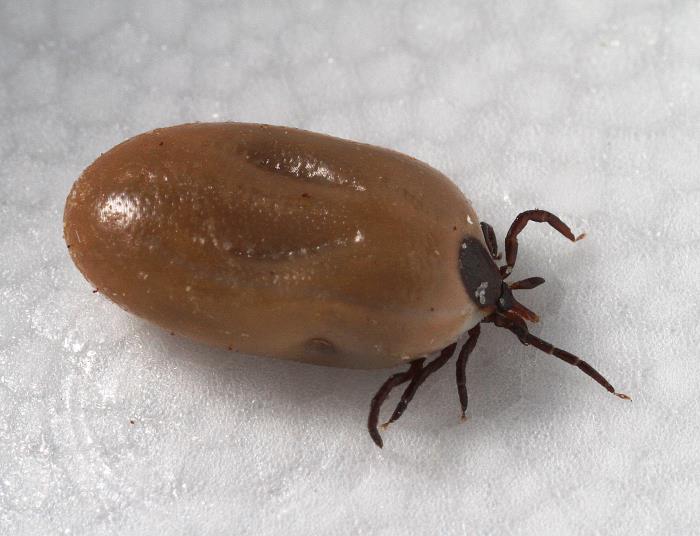Author Interviews, Cost of Health Care, Diabetes, Diabetes Care, JAMA / 23.09.2019
Almost 2 Million Diabetics Gained Health Insurance Under Affordable Care Act
MedicalResearch.com Interview with:
Rebecca Myerson, PhD
Assistant Professor, Population Health Sciences
School of Medicine and Public Health
University of Wisconsin, Madison
MedicalResearch.com: What is the background for this study?
Response: Many people with diabetes are undiagnosed, and those who are diagnosed often are untreated and uncontrolled. Increasing access to health insurance for patients with health care needs was a goal of the Affordable Care Act.
We analyzed information from 11 years of the National Health and Nutrition Examination Survey, which gathers data that are nationally representative of the civilian population. The biennial survey includes biomarkers, including HbA1c, a measure of blood-sugar control. Using the NHANES data allowed the researchers to identify those with undiagnosed diabetes.
(more…)





























